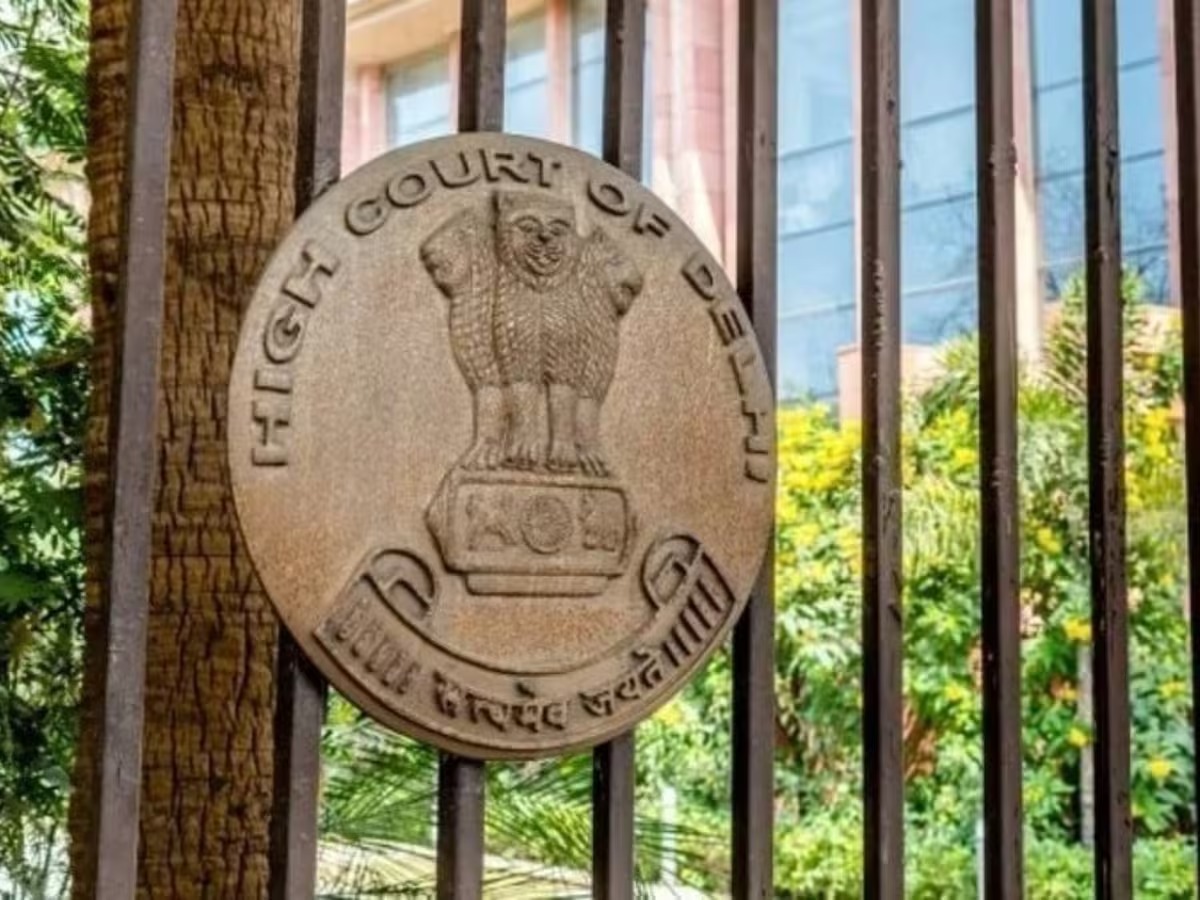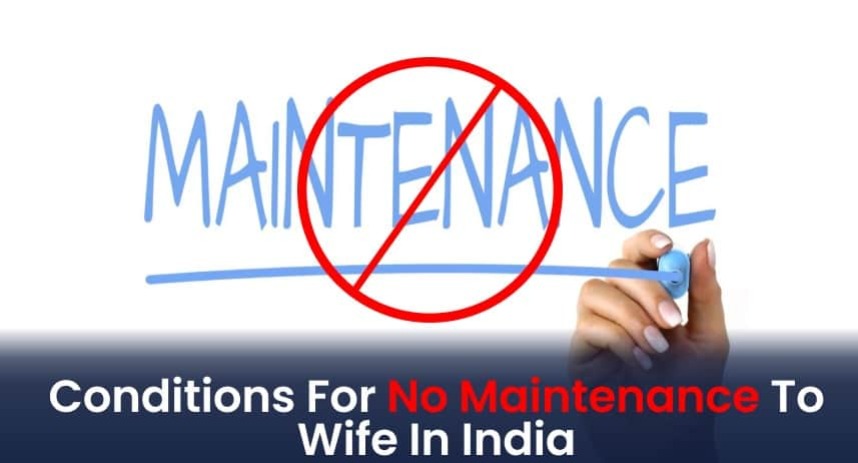Tudball and Muhammad Rafiq, JJ.@mdashThis is a defendant''s appeal arising out of a suit brought by two sons of a Hindu father primarily to get aside the sale of a certain property on the ground that it was joint family property and that the father was not empowered to part with it. In the alternative a claim was made to a right of pre-emption in the property. In this appeal we are concerned only with one portion of the property, namely, the five anna, four pie share in mauza Gahla Dudhaula. The lower court has found that the sale made by the father Was one made for legal family necessity and that it was a sale binding upon the sons. It, however, has given the plaintiffs a decree for pre-emption in respect to the five anna four pie share in mauza Gahla Dudhaula on condition of payment of Rs. 9,000, within a period of three months. The defendant vendee appeals, and it is urged with considerable force on his behalf that in the circumstances of the case the plaintiffs have no right to pre-empt seeing that they practically were parties to the sale and that part of the property consists of their own interests. This is not a case in which property has been sold by the manager of the family against the wishes of the other members. The lower court has found that the defendant has failed to establish the fact that the plaintiffs consented to the sale, but it has clearly held that the father had full power to transfer the property as it was for legal and Valid necessity. The property is joint family property. The plaintiffs have not appealed against the decision of the court below nor have they filed any cross-objections. The sole question, therefore, for us to decide is whether on the facts as found the plaintiffs are entitled to pre-empt. In our opinion they are not. Part of the property which they seek to pre-empt is their own property, which has been validly transferred to the vendee by a person who is legally empowered so to transfer it. The rest of the property consists of the interests of the father and of another step-brother. The interests of all were joint, and to allow the plaintiffs to pre-empt would be tantamount to allowing a man to be both a vendor and a pre-emptor one after the other. There has been a good deal of discussion as to whether a member of a joint Hindu family can purchase a specific part of a joint family property from the joint family. It is in our opinion unnecessary to come to any decision on that point. We may assume for the purposes of the case that this can be done, but this, however, does not help the plaintiffs respondents, for it leaves untouched the question whether a man can pre-empt a sale in which a portion of his own property has actually been legally and validly transferred and in which case he is practically a vendor. Our attention has been called to the case of Raghunath v. Musammat Rahat Begam (1900) 3 A.L.J. 641, but an examination of the judgment in that case will show that this point, which is now before us, was not raised in that case. At page 642 the learned Chief Justice said: "Badle was the owner of the entire mahal and also the lambardar." There is nothing in the judgment to show that the property sold was the property of a joint Hindu family, although the father and the son were joint, Nor was the point, which has been discussed before us, even mentioned in that judgment. Even the custom under which the claim was preferred in that case was a custom which gave the members of a lambardar''s family a right to preempt when the lambardar sold his share. It was a very peculiar custom, and we do not think that the case is any authority or any guide to us in the present case. The decision in the case of Gandharp Singh v. Sahib Singh I.L.R.(1885) All. 184. does not help us either in the present case. In our opinion the plaintiffs have no right whatsoever to pre-empt in the circumstances of the present case. We, therefore, allow the appeal. The plaintiffs'' suit will stand dismissed with costs in both courts.
Pratap Narain Singh Vs Shiam Lal and Others
Bench: Division Bench
Result Published
Judgement Snapshot
Hon'ble Bench
Tudball, J; Muhammad Rafiq, J
Final Decision
Dismissed
Judgement Text
Translate:

